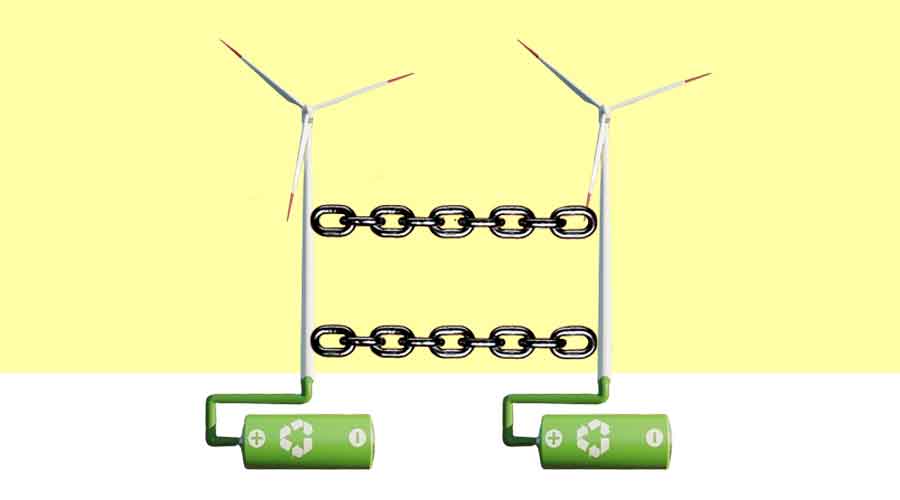 Revolutionizing the Power Landscape: How Blockchain Technology is Transforming the Energy Sector
Revolutionizing the Power Landscape: How Blockchain Technology is Transforming the Energy Sector
Intro
In the dynamic landscape of the energy sector, a transformative force is reshaping the very foundations of power generation, distribution, and consumption. Blockchain technology, celebrated for its decentralized prowess and transparent capabilities, emerges as a pioneering catalyst in this paradigm shift. This article embarks on a journey through the corridors of innovation, exploring how blockchain is not merely a technological advancement but a revolutionary force that is fundamentally altering the power sector. From decentralized energy trading and grid management to tokenization of assets and enhanced data security, blockchain’s impact is profound. Join us as we unravel the story of empowerment, efficiency, and sustainability, as blockchain takes center stage in transforming the power sector into a beacon of the future.
Decentralized Energy Trading:
Blockchain facilitates peer-to-peer energy trading, enabling consumers to buy and sell excess energy directly to one another. Smart contracts, self-executing agreements on the blockchain, automate transactions, ensuring a seamless and transparent process. This decentralized model empowers individuals to become prosumers, contributing to a more resilient and localized energy grid.
Supply Chain Traceability:
Blockchain enhances transparency in the energy supply chain, providing a verifiable and immutable record of each transaction. From the source of energy generation to its distribution and consumption, stakeholders can trace the journey of energy in real-time. This transparency not only fosters accountability but also helps in identifying inefficiencies and optimizing the overall supply chain.
Grid Management and Security:
The decentralized nature of blockchain contributes to the resilience and security of the energy grid. By distributing data across a network of nodes, blockchain minimizes the risk of single points of failure and cyberattacks. Smart grids powered by blockchain can autonomously manage energy distribution, balance supply and demand, and respond dynamically to changes in consumption patterns.
Renewable Energy Credits (RECs):
Blockchain technology plays a pivotal role in the issuance and tracking of Renewable Energy Credits. These digital certificates represent the environmental attributes of renewable energy generation. Through blockchain, the entire lifecycle of RECs, from creation to retirement, becomes transparent and verifiable. This not only ensures the credibility of renewable energy claims but also encourages investments in green energy projects.
Tokenization of Energy Assets:
Blockchain enables the tokenization of energy assets, allowing investors to fractionalize ownership and trade energy-related assets seamlessly. This opens up new avenues for financing renewable energy projects, making them more accessible to a broader range of investors. Tokenization democratizes the investment landscape, fostering innovation and diversification in the energy sector.
Automated Billing and Settlement:
Smart contracts streamline billing and settlement processes in the energy sector. Through automated and tamper-proof contracts, the need for intermediaries is reduced, minimizing the risk of disputes. Consumers can enjoy transparent and real-time billing based on actual energy consumption. This efficiency not only reduces operational costs but also enhances the overall customer experience.
Grid Resilience and Peer-to-Peer Microgrids:
Blockchain supports the creation of peer-to-peer microgrids, localized energy systems that can operate independently or in conjunction with the main grid. In times of natural disasters or grid failures, these microgrids powered by blockchain can ensure continued energy supply to local communities. The resilience and flexibility of decentralized energy systems contribute to overall grid stability.
Data Security and Privacy:
The cryptographic principles underlying blockchain ensure the security and privacy of energy-related data. Consumers can have greater control over who accesses their energy data and for what purpose. This not only meets regulatory requirements but also builds trust among consumers, encouraging wider adoption of digital technologies in the energy sector.




